Teens reported increased levels of loneliness in a study published by the Journal of Social and Personal Relationships. USA Today cited the study, highlighting “The percent of high school seniors who said they often felt lonely increased from 26 percent in 2012 to 39 percent in 2017.” The impacts of loneliness are far-reaching, impacting mental and physical health as well as life expectancy.
Dr. Jean Twenge, researcher and contributor to the study, says teens aren’t as likely to “get together with friends in person, go to parties, go out with friends, date, ride in cars for fun, go to shopping malls, or go to the movies.” There’s a distinct difference between how teens interacted outside of school a few decades ago compared to today. “In the late 1970s, 52 percent of 12th graders said they got together with their friends almost every day, but by 2017, only 28 percent did.”
One influencing factor is social media. Whether it’s FOMO (fear of missing out) or comparing life experiences via pictures and posts, teens are especially susceptible to feelings of inadequacy and isolation.
As parents, youth workers and leaders who take a genuine interest in the development of teens, how can we help? One remedy: we can model healthy community through summer camp.
Camp can help combat loneliness in several ways.
- At camp students get opportunities to have fun without their electronics. Many camps prohibit cell phone use, enabling students to participate without the pressure to capture every moment. For camps that permit smartphones, campers are more likely to leave behind their devices to engage in epic activities rather than reaching for their phone.
- Teen campers get to be a part of a broader community. They play an active role in the larger group, minimizing feelings of isolation. Everyone is welcome, and everyone matters.
- A week spent at camp allows for authentic, real-time connections between peers, youth leaders and caring camp counselors. It’s a time where students abandon mobile devices and pursue face-to-face interactions. Real friendships can form at camp and impact life back at home. Whether students return home with revitalized friendships or they maintain contact with friends they met at camp, teens will be better connected and know they’re not alone.




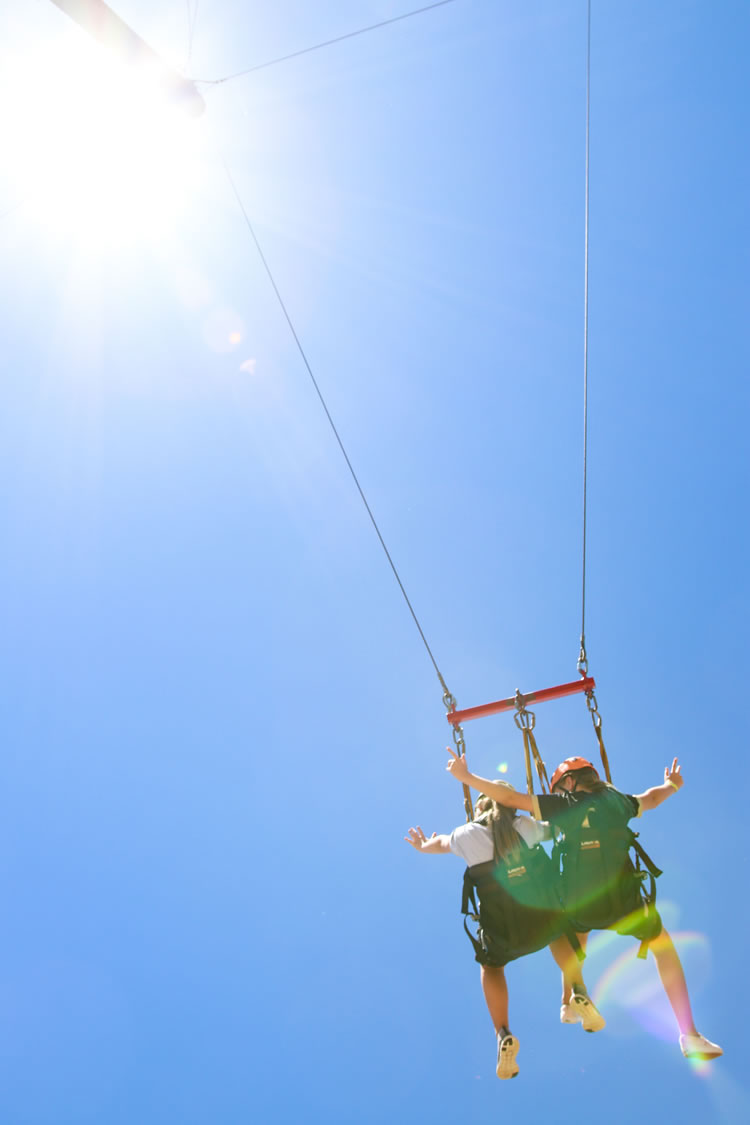

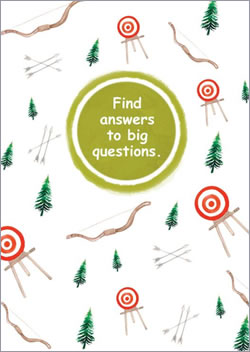
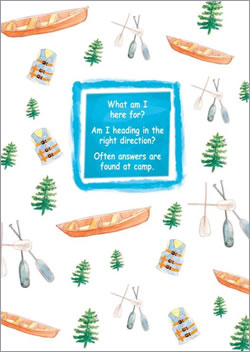


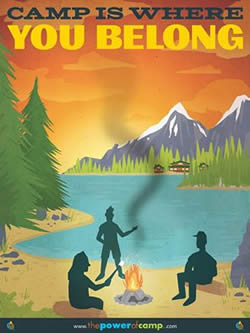

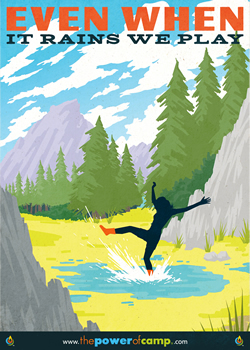
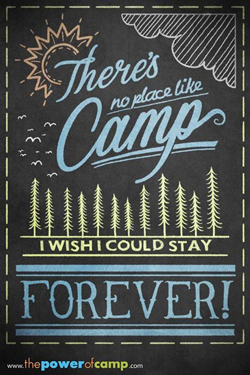
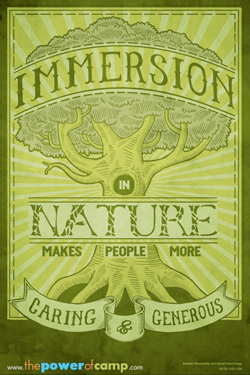
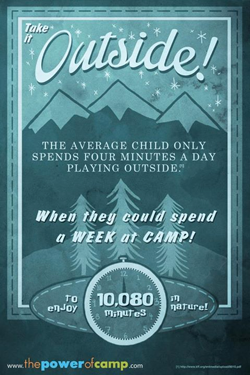

 INSTAGRAM
INSTAGRAM FACEBOOK
FACEBOOK TWITTER
TWITTER YOUTUBE
YOUTUBE